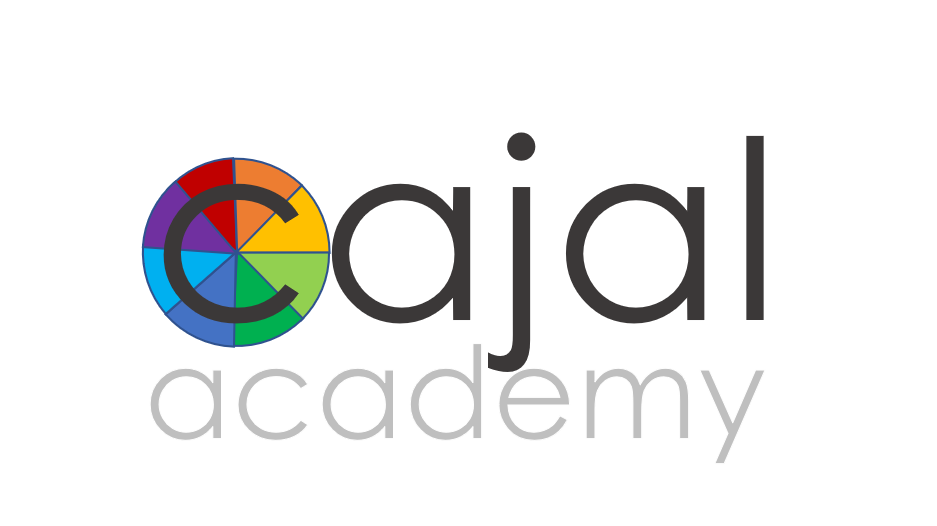
What can we learn from studying our own backyard as a micro-biome about how to create a more realistic Earth-like setting?
Students will create a 10’x10’ quadrat in their backyards and inventory the biodiversity within it as it changes across the course of the spring. Students will learn about visual representations of mathematical thinking, with advanced content for high school students in calculating and creating visual representations for rates of change and other mathematical relationships. Art studio curriculum will be integrated to develop realistic nature journals using a mix of drawing and photography, and to explore the concept of scale through miniature worlds and animation tools.

How can we design a sci fi creature that could sustain itself in an Earth-like biome?
Students will learn how animals adapt to their surroundings, with in depth curriculum at the high school level on genetics and how protein synthesis influences animal characteristics. Social-emotional support will be provided to help students contextualize their own neuro-diversity and genetic variances and how this shapes their family and personal narratives.

How can we contextualize our creature within the food chain here on Earth--or imagine a new one for their home planet?
Students will learn about food chains and eco-systems, with advanced curriculum for our older students in mathematical models that can be used to predict an ecosystem’s decline. Students will select a role in the ecosystem for the creature they will create, and will be assessed on the creature’s appropriateness to that role.

How can we portray a healthy ecosystem, or one under invasion?
Students will learn about the diversity of Earth’s biomes and select one to study in-depth. They will learn about mathematical models that environmental scientists use to monitor the health of an eco-system, identify invasive and endangered species and predict the environment’s sustainability.





